He that will believe only what he can fully comprehend must have a long head or a very short creed
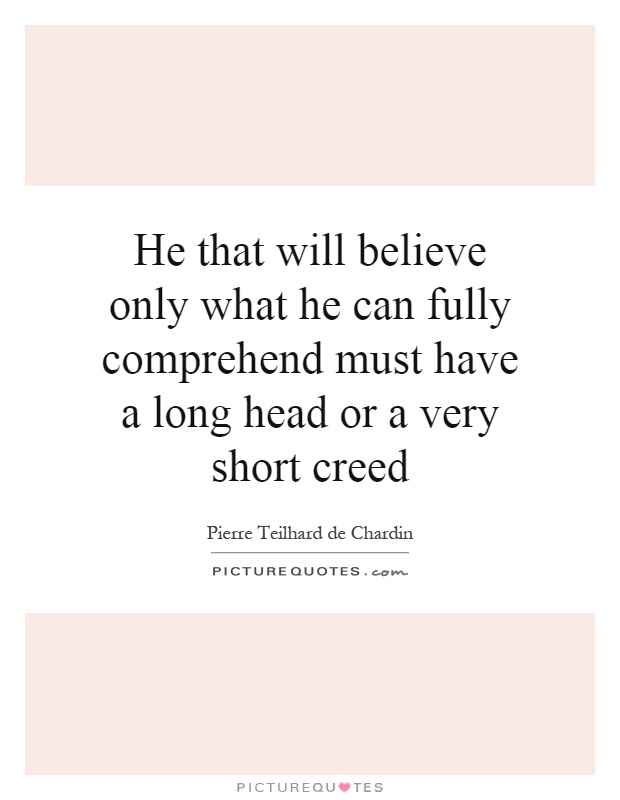
He that will believe only what he can fully comprehend must have a long head or a very short creed
Pierre Teilhard de Chardin was a French Jesuit priest, philosopher, and paleontologist who is best known for his work in the field of evolutionary theory and theology. He believed that science and religion were not mutually exclusive, but rather complementary ways of understanding the world. Teilhard de Chardin's ideas were often controversial, as they challenged traditional religious beliefs and pushed the boundaries of scientific thought.The quote "He that will believe only what he can fully comprehend must have a long head or a very short creed" is particularly relevant in the context of Teilhard de Chardin's work. He argued that faith and reason are not in opposition to each other, but rather work together to provide a more complete understanding of the universe. Teilhard de Chardin believed that it was important to have a balance between faith and reason, and that one should not limit their beliefs to only what can be fully understood or explained.
Teilhard de Chardin's concept of the "Omega Point" is a perfect example of this idea. He proposed that the universe is evolving towards a state of ultimate complexity and consciousness, which he called the Omega Point. This idea combines elements of both science and religion, as it suggests that there is a purpose and direction to the universe's evolution, while also being grounded in scientific principles of evolution and complexity.
In order to fully grasp Teilhard de Chardin's ideas, one must be willing to embrace a certain level of mystery and uncertainty. His work challenges us to think beyond our limited understanding and to consider the possibility of a greater, interconnected reality that goes beyond our comprehension. Teilhard de Chardin's philosophy encourages us to have a more open-minded and expansive view of the world, one that is not constrained by rigid beliefs or narrow-minded thinking.
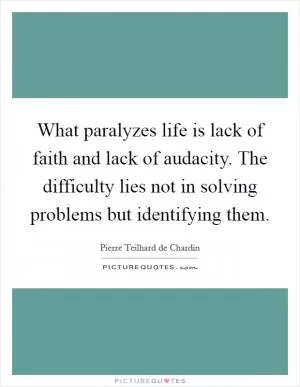
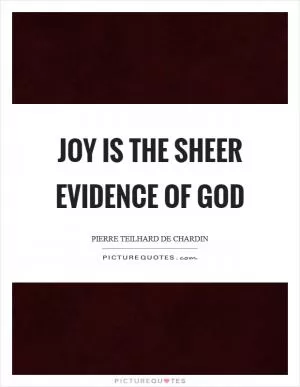

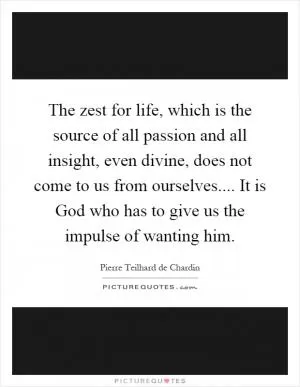





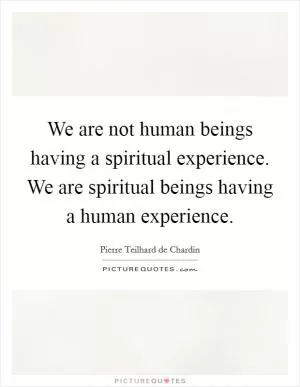


 Friendship Quotes
Friendship Quotes Love Quotes
Love Quotes Life Quotes
Life Quotes Funny Quotes
Funny Quotes Motivational Quotes
Motivational Quotes Inspirational Quotes
Inspirational Quotes